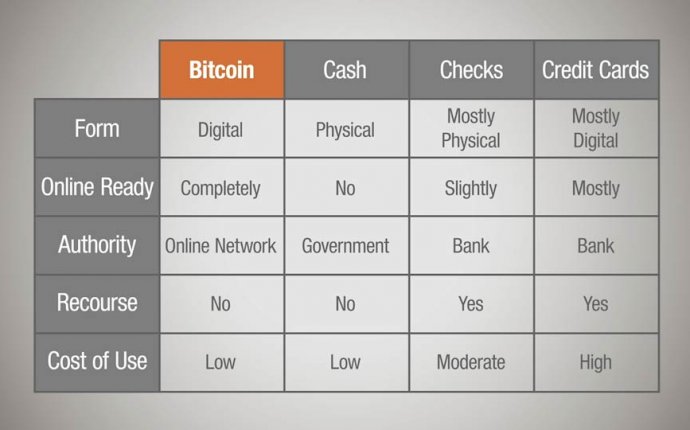
Creating a Bitcoin wallet
Bitcoin can be used to build amazing things or just answer common needs.
The simplest of all payment systems
Unless payment needs to be associated with automatic invoices, accepting money is as simple as sending a bitcoin: link or displaying a QR code. This simple setup is within reach of any user and can fulfill the needs of a good range of clients. When done publicly, it is especially suitable for transparent donations and tips.
Many third party APIs
There are many third party payment processing services that provide APIs; you don't need to store bitcoins on your server and handle the security that this implies. Additionally, most of these APIs allow you to process invoices and exchange your bitcoins into your local currency at competitive costs.
You can be your own financial system
If you don't use any third party APIs, you can integrate a Bitcoin node directly into your applications, allowing you to become your own bank and payment processor. With all the responsibilities that this implies, you can build amazing systems that process Bitcoin transactions however you would like.
Bitcoin addresses to track invoices
Bitcoin creates a unique address for each transaction. So if you were to build a payment system associated with an invoice, you simply need to generate and monitor a Bitcoin address for each payment. You should never use the same address for more than one transaction.
Most of the security is on client side
Most security is handled by the protocol, eliminating the need for PCI compliance. Fraud prevention can be simplified down to monitoring a single variable: the confirmation score. Beyond that, keeping your bitcoins secure is mainly a matter of securing your wallet and using HTTPS or other secure protocols to send payment requests to customers.
New payment possibilities
Bitcoin allows you to design new and creative online services that couldn't exist before because of financial limitations. This includes tipping systems, automated payment solutions, distributed crowd-funding services, time locked payment management, public asset tracking, low-trust escrow services, micro-payment channels, and more.









